Athletes often run a tight line between trying to get the best out of themselves and overtraining the body.
Overtraining is one of the most frustrating things in sport - it’s a bit of a sick irony that by trying too hard you suffer a setback.
So to help avoid the hormone imbalances that come with burnout, here are five measures you can monitor.
Resting Heart Rate
An abnormally high resting heart rate is one of the most common indicators of overtraining.
Taking pulse rate is a practice that goes back decades, with some athletes checking theirs in the morning and then delaying training if it is elevated.
If you notice your resting heart rate is about 10 beats per minute higher than usual, it may mean you’re body is failing to recover adequately.
Heart Rate Variability
Although many people may assume that a regular heartbeat is desirable, a high variation in time between each beat is actually a sign of a healthy heart and is therefore common in athletes.
In fact, it’s when your heart rate variability decreases that you may be overtraining.
That’s why many fitness watches track and give you data on it.
Training Performance
This measure strips things back to the basics. If you’re unable to perform adequately in a workout, you are overtraining and should take some recovery time.
One of the most important art forms in all types of fitness is ensuring your body is ready to go again in time for its next key session. You don’t have to feel a million dollars and you’ll certainly have some workouts that feel harder than others, but you should be able to perform at the level required to elicit the desired training benefit.
Insomnia
Changes to sleep patterns often occur when an athlete is overtraining.
This becomes a vicious cycle, as sleep is essential for the body to repair itself and without adequate rest time, the production of hormones that help muscles to adapt will be inhibited.
Feeling Rundown Or Fatigued
This is another simple measure but one that is well worth monitoring, as overtraining can impair the immune system.
So if you get a persistent illness, feelings of tiredness or a loss of appetite, it could mean you’re pushing too hard.












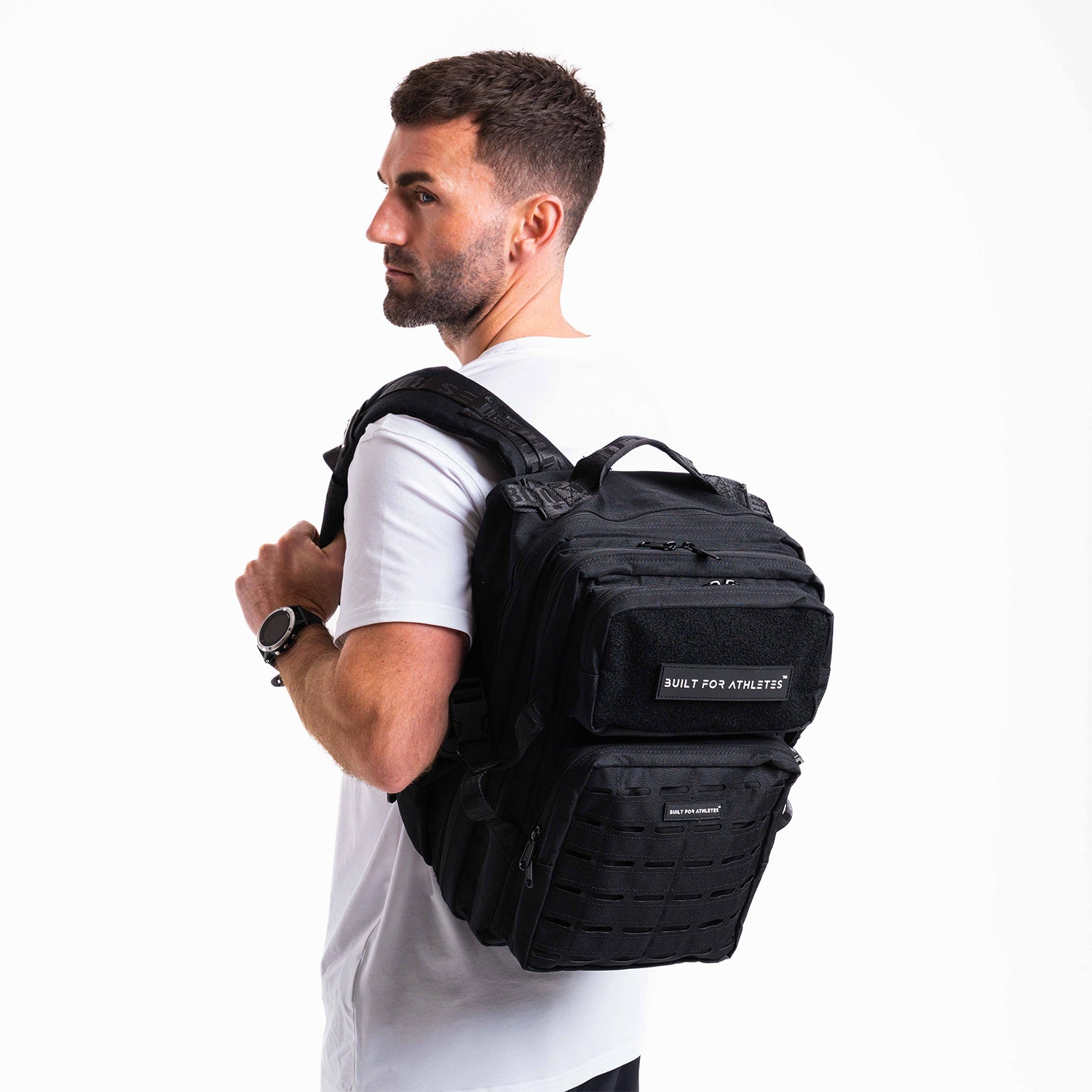
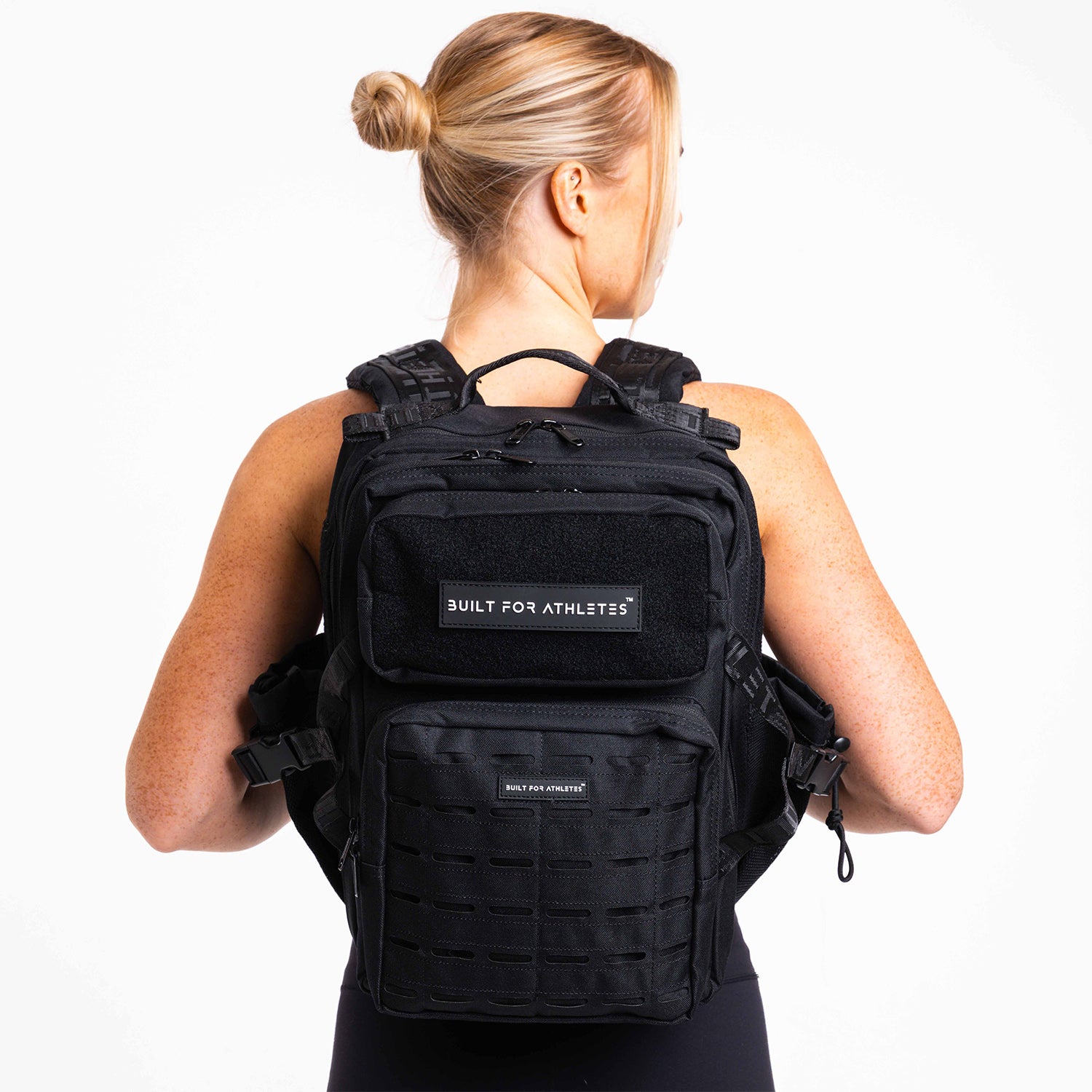






















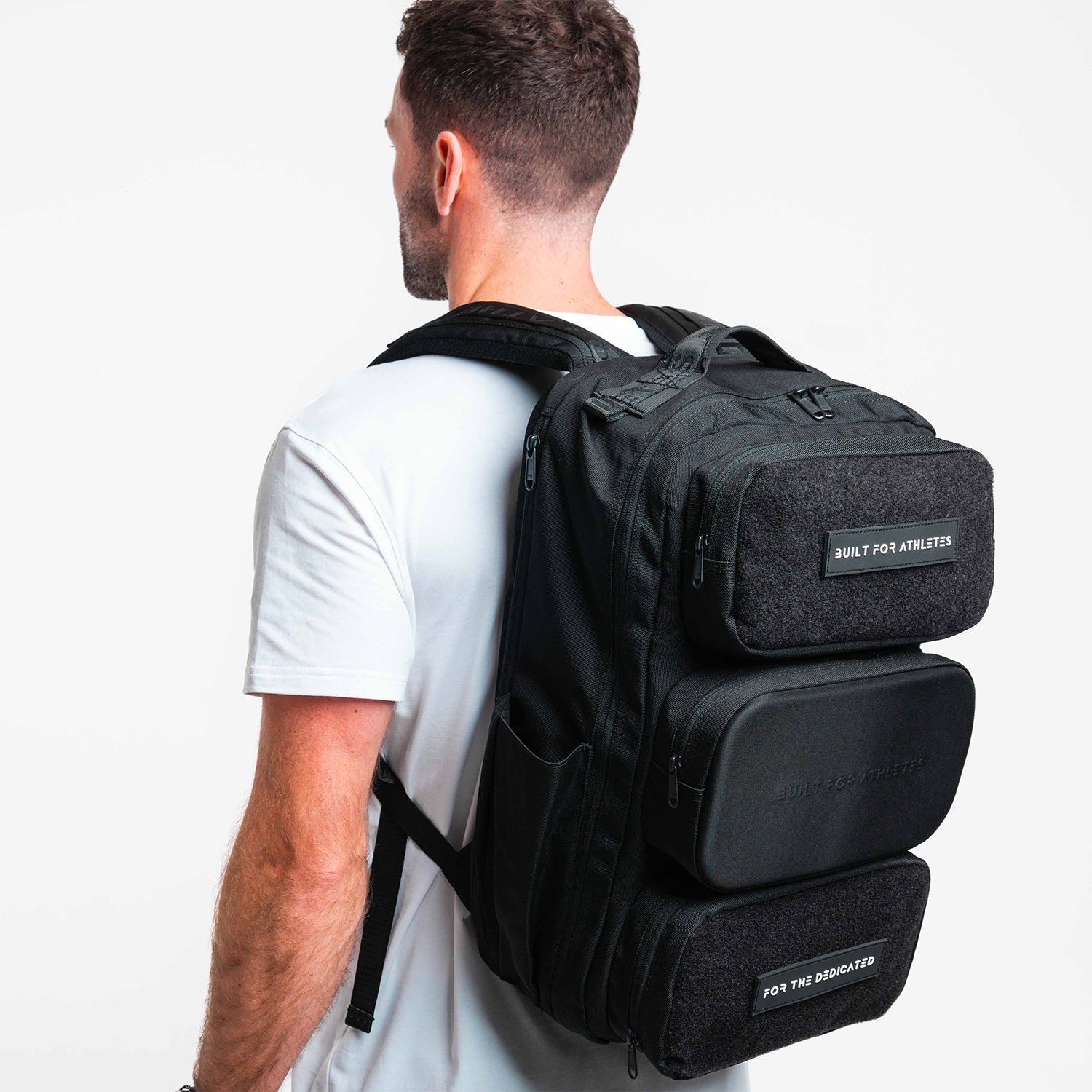

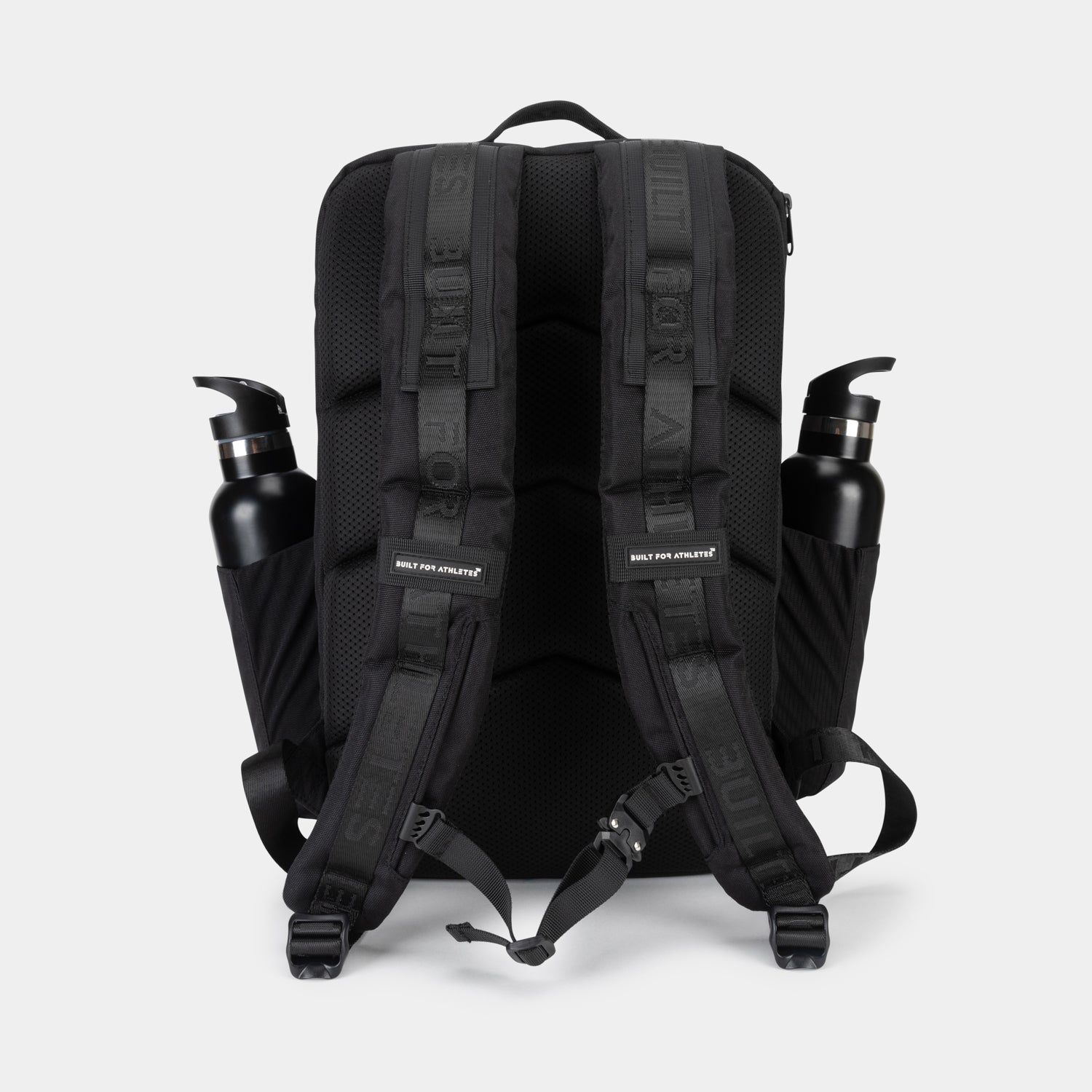













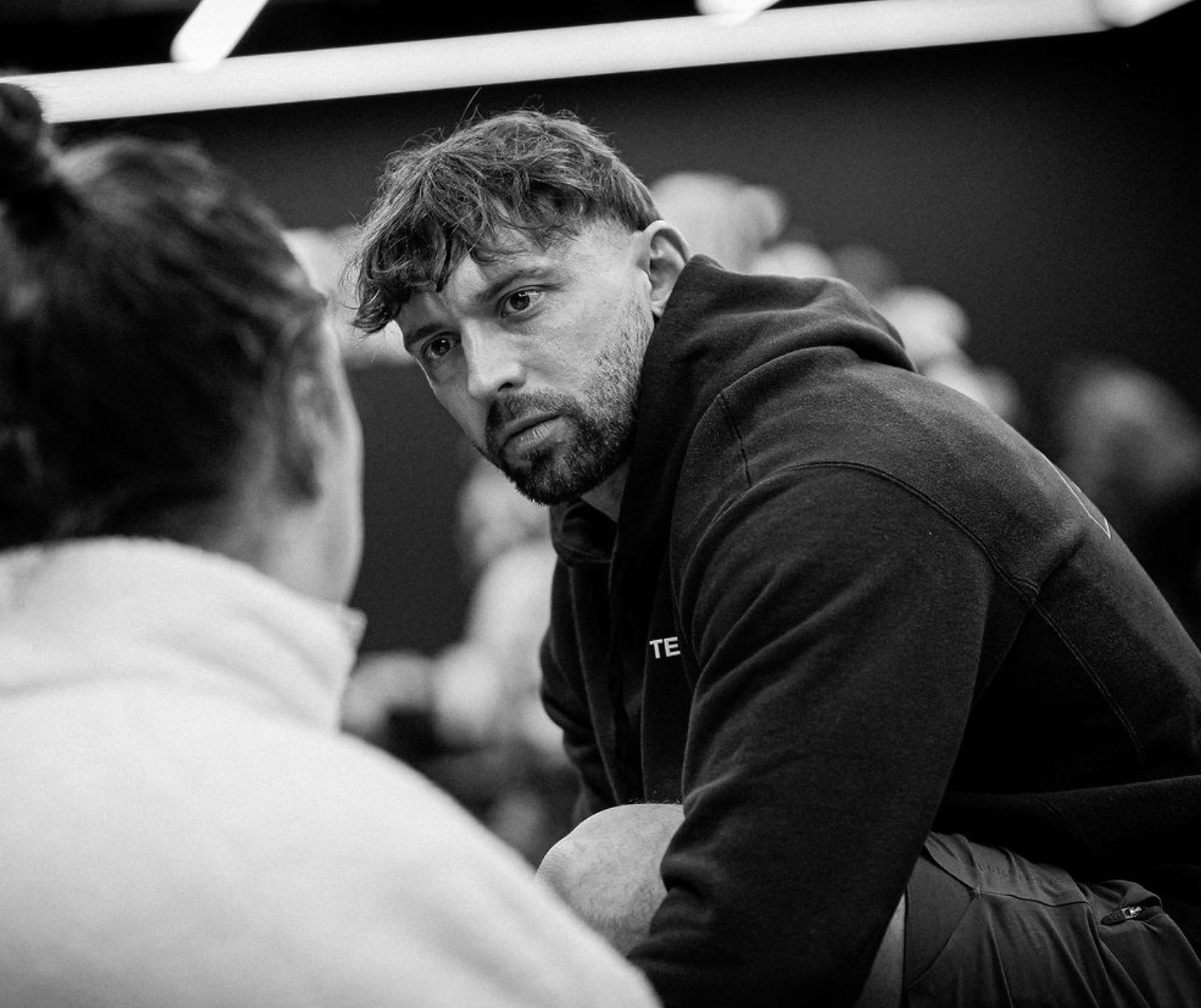

Share:
Backpack Workouts
How To Train To Heart Rate Effectively